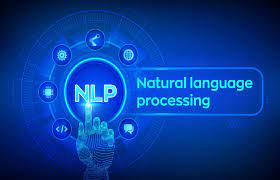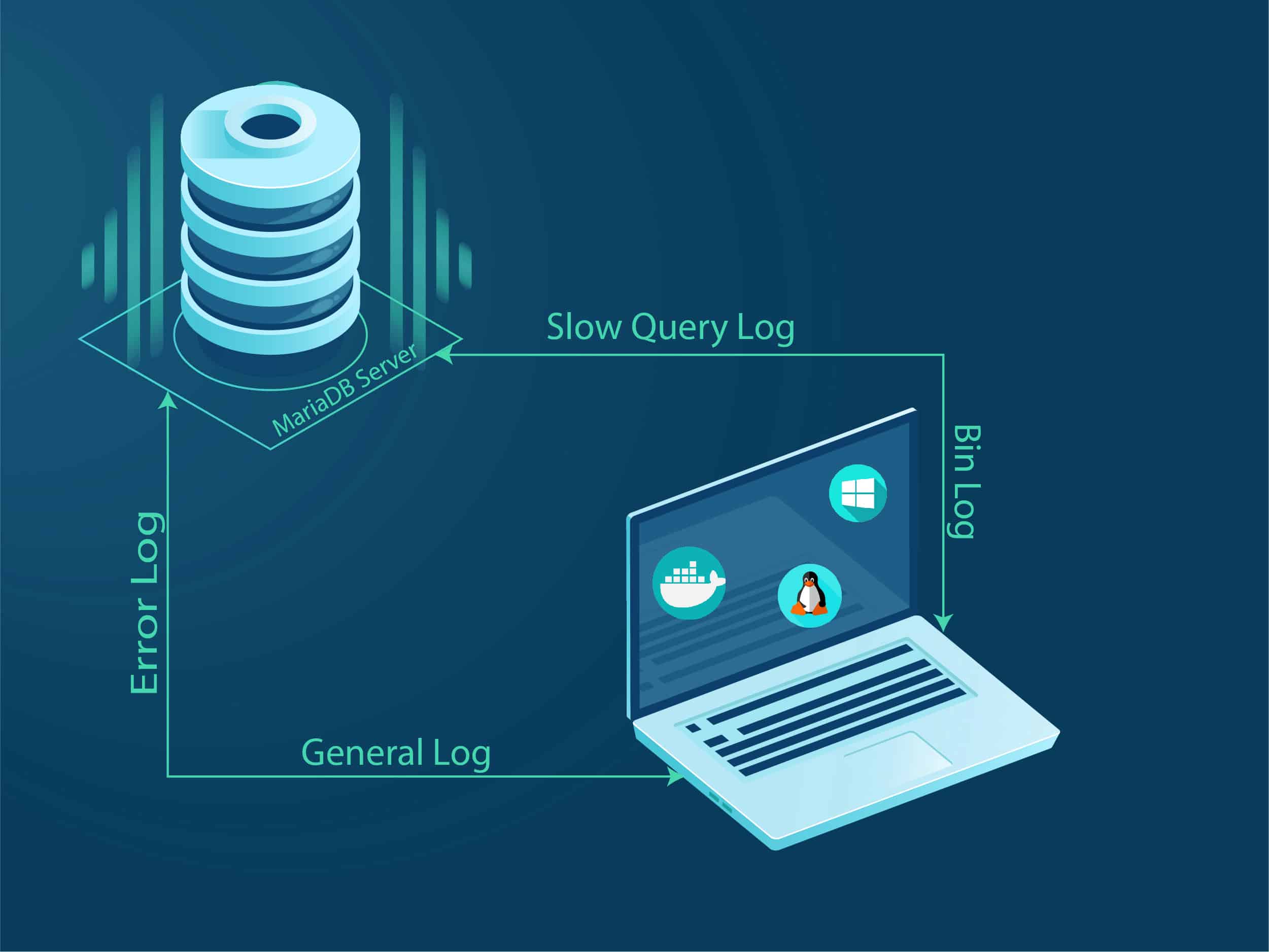Content
They create user accounts, update permissions and make sure server information is regularly and securely backed up. They review system logs to identify glitches and possible human error.
Every company would have a logging and monitoring infrastructure. Also, there are a few SaaS companies like Loggly, which provide logging infrastructure. These platforms are best suited for microservices-based architecture. Infrastructure automation has become an essential aspect of every organization. You should spend some time and have a basic understanding of the following. The basic building block of any organization is its Infrastructure. I would suggest reading the state of the DevOps report by puppet.
Who Is A DevOps Engineer? | Edureka
DevOps engineers have a strong understanding of the agile methodology and industry standards alongside the specific networks and processes within their company. The DevOps approach to software development aims for frequent, incremental changes to code versions, which means frequent deployment and testing regimens. Although DevOps engineers rarely code from scratch, they must understand the basics of software development languages and be familiar with the development tools used to create new code or update existing code.
As you can see, each of these components plays a vital role in the overall infrastructure. To be a successful DevOps engineer, it’s important to have a strong understanding of how they all work together. As a DevOps engineer, it’s important to have a strong understanding of how the various infrastructure components work together. If you meet all of the above criteria, then you should have no problem becoming a DevOps engineer. Just remember to stay up-to-date with the latest trends and technologies in both software development and system administration, and you’ll be well on your way to success. A DevOps engineer needs to know about cloud service providers and their basic applications.
DevOps is Going to Replace SDLC! Learn Why
Development teams and IT operations teams can have different skills and different goals. Developers want to introduce new features to an application, while operations teams want to preserve the stability of an application once it is released. DevOps engineers generally have at least a bachelor’s degree in an engineering or computer science-related degree, but some employers will accept equivalent work experience instead of formal education. Employers may seek out certain professional development courses to prove past success in key DevOps areas like Linux administration and SQL developer certifications. DevOps engineers are instrumental in creating a strategic plan for implementing goals.
- They identify the skill gaps on their staff and create intuitive systems for training staff to fill those gaps.
- Every company would have a logging and monitoring infrastructure.
- Develop plans and processes for improvement and expansion of the current technologies being used.
- These so-called “soft-skills” are often overlooked and undervalued, but the success of DevOps relies heavily on the quality and quantity of feedback across the entire value stream.
At Red Hat, we have resources to help you and your organization on your way to DevOps. Your Red Hat account gives you access to your member profile, preferences, and other services depending on your customer status. Organizations that have not transitioned to DevOps or are still in the early stages of doing so might have a separate group called the change advisory board or an individual release manager role.
Different Types of DevOps Teams
After identifying an issue or an opportunity for improved efficiency, DevOps engineers create prototypes of software tools then present them to a team of developers for implementation. They explain how systems should be configured and identify the problems code updates should address. This team is responsible for provisioning infrastructure on demand.
- Now that you know who a DevOps Engineer is, and what are the various roles and responsibilities of a DevOps Engineer, let us look at what it takes to become a successful DevOps Engineer – DevOps Skills.
- In every organization, mission-critical applications are monitored 24/7 using monitoring dashboards.
- Learn how they are using the right toolsets, deployment strategies, and their latest open source projects.
- Oracle is allowing its database users to access those services on rival clouds, while aggressively pursuing AWS customers in …
- Coding and scripting are two of the most important skills for anyone working in DevOps.
DevOps hiring managers say there is no practical substitute for hands-on experience. DevOps engineers will often be expected to have experience with one or more configuration management tools such as Chef, Puppet, or Ansible. Many organizations have adopted these or similar tools to automate system administration tasks such as deploying new systems or applying security patches to systems already running.
Is DevOps easy to learn?
As the DevOps subject matter expert, it falls to the DevOps engineer to help evangelize and educate the DevOps way across the organization. You can publish tutorials, learnings, and experiences on your blog. When it comes to the application delivery lifecycle, there are three important concepts you need to be aware of. So it is essential to have a good understanding of programming, APIs, etc. Nowadays, for DevOps interviews, every decent company has a preliminary scripting/coding round. One of the discussed topics in DevSecOps is the Shift-left security approach.
What is the best career to start at 30?
- Teacher assistant.
- Registered nurse.
- Psychologist.
- Computer programmer.
- Web developer.
- Farmer.
- Agricultural and food science technician.
- Entrepreneur. An entrepreneur operates a startup business, and this career can be challenging, time-consuming, and rewarding.
It has high scalability and efficiency, provides usable data volumes, and has isolated applications. Here are some ways to implement quality in all facets of development … An intensive, highly focused residency with Red Hat experts where you learn to use an agile methodology and open source tools to work on your enterprise’s business problems. This often proves to be an antipattern because it makes security an afterthought, and it is much harder to secure software after it has been designed, built, and deployed than it is to design with security in mind. In most cases the title software developer is given to individuals who write either front-end or back-end application code, or both. These are the people who have been historically described as “computer programmers” before the rise of agile thinking. These roles were particularly important when software releases were more risky.
Continuous integration and continuous Delivery (CI/CD) are core practices of a DevOps approach to software development, and enabled by a host of available tools. The most fundamental function of any CI/CD tool or set of tools is to automate the process of building, testing, and deploying software. DevOps engineers are highly-skilled tech professionals who have extensive knowledge of industry-standard tech tools and a strong computer science background.
All of these tasks rely on understanding not only development life cycles, but DevOps culture, and its philosophy, practices, and tools. Release engineering includes the work required to build and deploy application code. Release engineering might entail selecting, provisioning, and maintaining CI/CD tooling or writing and maintaining bespoke build/deploy scripts.









